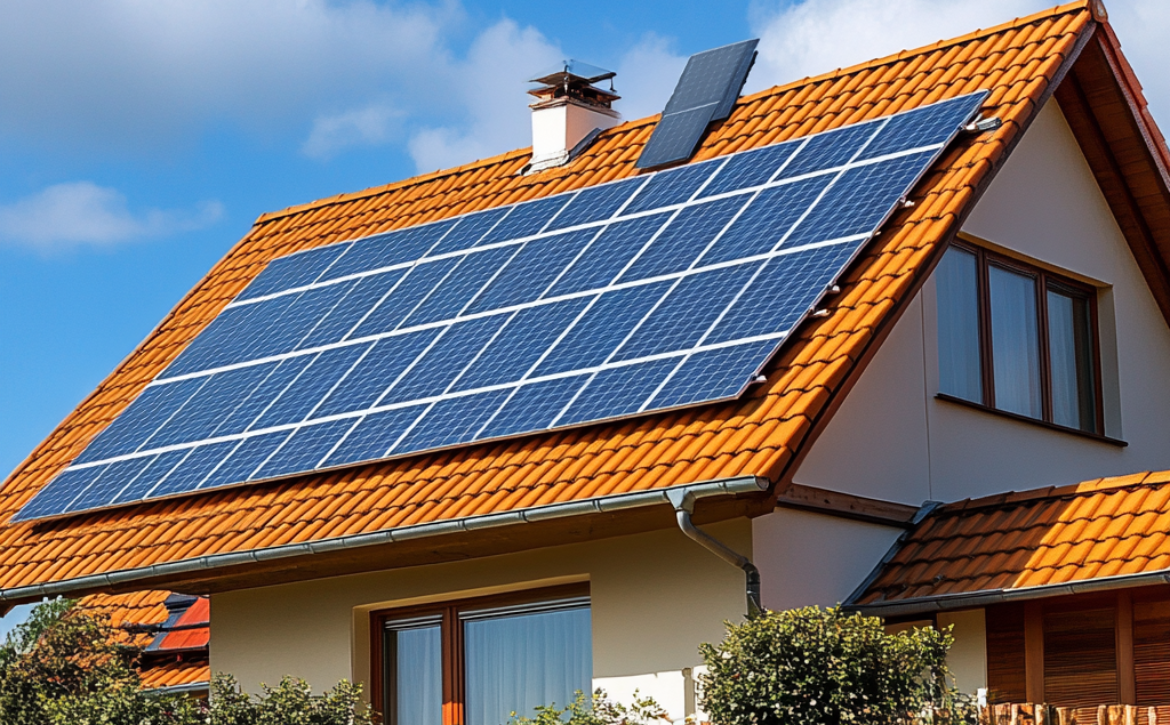Maximizing Efficiency with Solar Energy for Irrigation Systems
In today’s world, where climate change and water scarcity are becoming urgent, solar energy for irrigation systems offers a sustainable and efficient agricultural solution. By harnessing the sun’s power, these systems provide farmers an eco-friendly alternative to conventional irrigation methods, significantly reducing operational costs and environmental impact.
Solar Energy for Irrigation Systems: A Green Farming Revolution
Solar energy for irrigation systems utilizes sunlight to power water pumps, ensuring a consistent and reliable water supply to farmlands. This green approach reduces dependency on fossil fuels and grid electricity, making it a key player in sustainable farming practices.
Switching to solar-powered irrigation systems helps farmers reduce greenhouse gas emissions while optimizing water usage. This is crucial, especially as global water resources come under increasing pressure due to unpredictable weather patterns and population growth.

Photo by insung yoon on Unsplash
How Solar Energy Powers Irrigation Systems
A typical solar-powered irrigation system has three main components: solar panels, a water pump, and energy storage. Here’s how it works:
- Solar Panels: These panels absorb sunlight and convert it into electrical energy. By being strategically positioned for maximum exposure, they generate the power needed to run the irrigation system.
- Water Pump: The pump, powered by the electricity from the solar panels, draws water from sources like wells, rivers, or reservoirs and distributes it across the farm.
- Energy Storage: In some cases, batteries are used to store excess solar energy, ensuring the system can operate even during cloudy weather or at night.
This setup enables farmers to harness renewable solar energy for irrigation systems, promoting environmental sustainability and cost-efficiency.
You May Also Like: Difference between On-Grid and Off-Grid Inverters
Key Benefits of Solar Energy for Irrigation Systems
- Cost Savings: While the initial investment in solar energy systems may be high, the long-term savings on fuel and energy bills make it highly cost-effective. Many farmers experience a return on investment within just a few years.
- Environmental Impact: Solar energy significantly reduces carbon emissions compared to conventional energy sources like diesel-powered pumps. This cleaner energy solution lowers the overall ecological footprint of farming operations.
- Water Efficiency: Solar energy for irrigation systems often uses water-efficient technologies like drip irrigation. This minimizes water waste and ensures crops receive the right amount of moisture at the right time.
- Increased Agricultural Productivity: By providing a consistent and reliable water supply, even during droughts or dry seasons, solar-powered irrigation enhances crop resilience, leading to better yields and improved food security.
Addressing Challenges with Solar Energy for Irrigation Systems
Despite its numerous benefits, solar energy for irrigation systems does come with a few challenges:
- High Initial Costs: The upfront cost of installing solar panels and pumps may be prohibitive for some small-scale farmers. However, government subsidies and incentives can help lower these barriers.
- Sunlight Dependence: These systems work best in areas with abundant sunlight. Farmers may need to use energy storage systems or supplement with other energy sources in regions with less consistent solar exposure.
- Maintenance Requirements: While solar-powered systems require less maintenance than diesel pumps, regular inspections and upkeep are necessary to ensure optimal performance and longevity.
You May Also Like: Top Myths About Solar Energy for Homes Debunked
Empowering Farmers with Solar Energy for Irrigation Systems
As solar technology advances and costs drop, more farmers are adopting solar energy for irrigation systems. These systems not only offer a sustainable solution to modern farming challenges but also empower farmers by making them less reliant on external energy sources and more resilient to the impacts of climate change.
Solar-powered irrigation is already transforming agricultural practices in remote areas with limited access to grid electricity. By embracing solar energy for irrigation systems, farmers can ensure that they grow crops more efficiently, sustainably, and economically, all while contributing to a healthier planet.
Conclusion
Solar energy for irrigation systems presents a powerful solution for sustainable agriculture. By reducing reliance on fossil fuels, improving water efficiency, and enhancing crop yields, these systems are revolutionizing how farmers manage their resources. With the potential to lower costs and reduce environmental impact, solar-powered irrigation systems are vital to creating a more sustainable, resilient agricultural future.
Farmers can play a pivotal role in preserving our planet’s natural resources by adopting solar energy for irrigation systems and ensuring food security for future generations.






